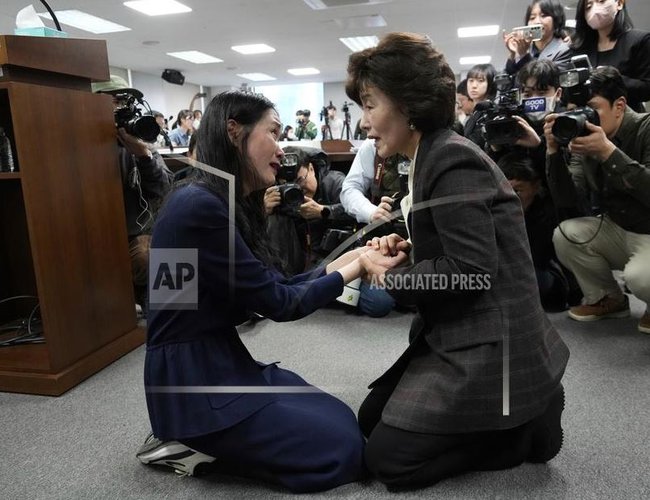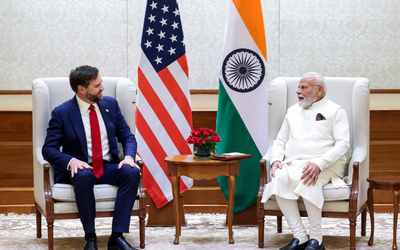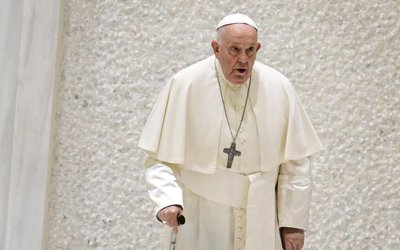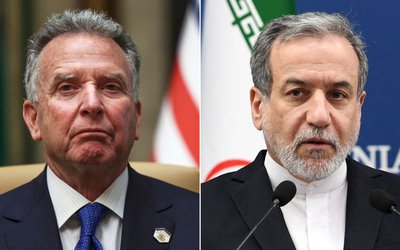
The South Korean government's fact-finding commission suspended its ground-breaking investigation into the extensive fraud and abuse that tainted the nation's historic foreign adoption program, a decision stemming from internal disputes among commissioners regarding which cases warranted recognition as problematic.
The Truth and Reconciliation Commission confirm
ed human rights violations in just 56 of the 367 complaints filed by adoptees before suspending its investigation Wednesday night, just one month before its May 26 deadline.
The fate of the remaining 311 cases, either deferred or incompletely reviewed, now hinges on whether lawmakers will establish a new truth commission through legislation during Seoul's next government, which takes office after the presidential by-election on June 3.
After a nearly three-year investigation into adoption cases across Europe, the United States, and Australia, the commission concluded in a March interim report that the government bears responsibility for facilitating a foreign adoption program riddled with fraud and abuse, driven by efforts to cut welfare costs and carried out by private agencies that often-manipulated children's backgrounds and origins.
However, some adoptees, and even members of the commission, criticized the cautiously-worded report, arguing that it should have more forcefully established the government's complicity. Disputes also arose after the commission's nine-member decision-making panel, dominated by conservative-leaning members appointed by recently ousted President Yoon Suk Yeol and his party, voted on March 25 to defer the assessments of 42 adoptee cases, citing insufficient documentation to conclusively prove the adoptions were problematic.
Commission officials haven't disclosed which documents were central to the discussions. However, they suggested that some commissioners were hesitant to recognize cases where adoptees couldn't definitively prove falsification of biological details in their adoption papers, either through meeting their birth parents or verifying information about them.
On Wednesday, the panel resolved the standoff by unanimously agreeing to suspend, rather than completely drop, the investigation into the 42 cases. The approach leaves open the door for the cases to be reconsidered if a future truth commission is established. The panel also agreed to suspend investigations into the remaining 269 cases, citing insufficient time to complete the reviews before the deadline, according to three commission sources who described the discussions to the Associated Press.
No further investigations into adoptions for now
It was unclear if and when another commission will be established. Political attention is now focused on the early presidential election. South Korea's constitutional Court formally removed Yoon from office on April 4, months after the opposition-controlled legislature impeached him over his brief imposition of martial law in December. The ruling triggered a snap presidential election set for June 3. Park Geon Tae, a senior investigator who led the probe into adoptions, said the truth commission would be unable to produce any further investigation reports on adoptions before the end of its mandate, after the terms of five of the nine commissioners ended following Wednesday's meeting. This potentially paralyzes the decision-making process, which requires the support of at least five members. Most Korean adoptees were registered by agencies as abandoned orphans, even though many had relatives who could have been easily identified or located. This practice has often made it difficult—or even impossible—for them to trace their roots.(AP)
- PM Modi and US Vice President Vance welcome progress in India-US Bilateral Trade Agreement
- Apr 22, 2025
- Pope Francis dies at 88, Vatican says
- Apr 22, 2025
- Iran, US to continue talks for nuclear deal
- Apr 20, 2025
- Putin announces Easter ceasefire in Ukraine
- Apr 20, 2025
- ICIMOD Says Hindu Kush Himalaya (HKH) Faces Lowest Rainfall In Third Conseqquetive Year
- Apr 19, 2025














